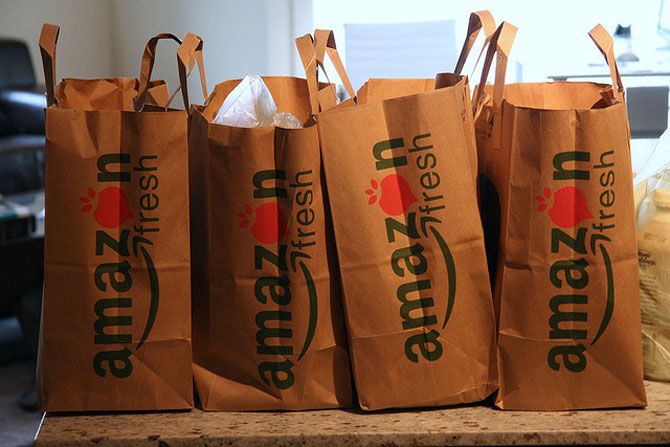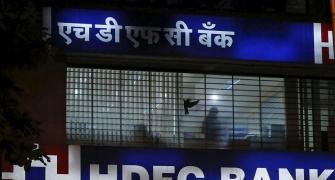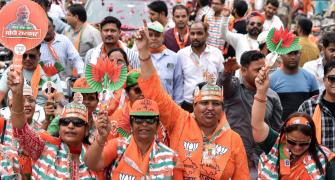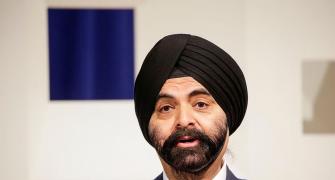Amazon signed up Motorola as an exclusive brand partner for its new devices, which in turn helped it grow

SoftBank-backed Snapdeal slipped to third position in India’s fast-growing e-commerce space, giving way to global rival Amazon that recently committed a $3-billion investment to the country.
According to a study by RedSeer Consulting, Flipkart remained India’s largest e-tailer, even though its growth during the January to March quarter remained largely flat.
Snapdeal, which was second in terms of gross merchandise value (GMV) in 2015, lost market share not only to larger peer Amazon, but also to smaller rivals such as Alibaba-funded Paytm and Tiger Global-backed ShopClues.
GMV is the total value of merchandise sold over a given period of time through a customer-to-customer exchange site. It is a measure of the growth of the business, or use of the site to sell merchandise owned by others.
“Last year, Snapdeal was the largest seller of iPhones in the Indian market. They were the the only big e-tailer that did not have an exclusive deal with any mobile phone company, and what they did to game their GMV was to heavily discount the iPhone. Suddenly when they cut the burn, they took off the Rs 2,000 discount on the iPhone and GMV plunged,” said Anil Kumar, chief executive officer and managing director at RedSeer.
At the same time, Amazon made the move to sign up Motorola as an exclusive brand partner for its new devices, which in turn helped it grow its GMV, thus delivering a double whammy to Snapdeal.
Snapdeal did not directly comment on the study but said that it has shifted its business model from measuring revenue through GMV to customer experience and cost efficiency.
“Snapdeal has moved away from using GMV as the metric for growth as it is does not convey any idea about the quality of growth. We measure various parameters around customer experience and cost efficiency as the relevant metrics to track long term sustainable growth,” a Snapdeal spokesperson said in an email comment.
A Bloomberg report on Friday said that Amazon is using cheap Motorola smartphones that run on Google’s Android software to gain market share in India.
The "Amazon exclusive" Android phones, which are cheap, will cost about $50 (around Rs 3300) less than their suggested retail price.
Bloomberg quoted Amit Boni, head of Motorola Mobility India, as saying in May, "We have witnessed tremendous growth in the e-commerce market, and it will continue to be the dominating channel for us as we bring new products to the India market. (Amazon) is one of the best online marketplaces in India, and we are glad to announce that we have exclusively partnered with Amazon India for our next Motorola smartphone."
RedSeer says over 50 per cent of the GMV posted by large e-tailers in India comes from smartphones, making exclusive deals and discounts very important.
India’s e-commerce industry registered a gross merchandise value of $13 billion in 2015.
While Amazon has taken up the second spot in India’s e-commerce market, the gap between it and leader Flipkart has narrowed significantly during the first quarter of the year.
With a GMV share of 17-19 per cent in 2015, Amazon grew into the mid-twenties, while Flipkart held steady at a share of about 35-37 per cent during the quarter.
Flipkart and Snapdeal, who built a massive customer base last year are focusing now on profitability by improving efficiency, cutting costs and optimising resources. Both firms have shifted from GMV focus that clocked high turnover with losses to improving customer service and retention, hoping it would result in profits.
In addition, India’s new foreign direct investment (FDI) norms for e-commerce marketplace bans discounts and limits maximum sales by a single vendor to 25 per cent of sales on a platform. This is expected to slow online sales over the next three quarters in terms of gross merchandise value, says Redseer.
Photograph via LinkedIn








